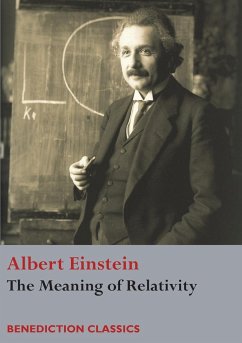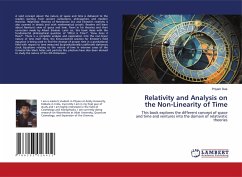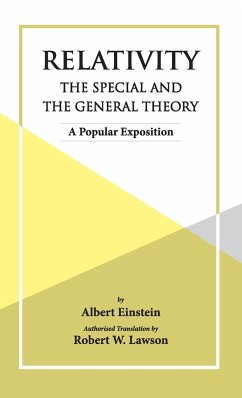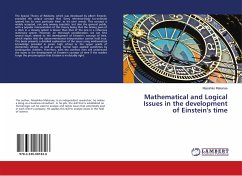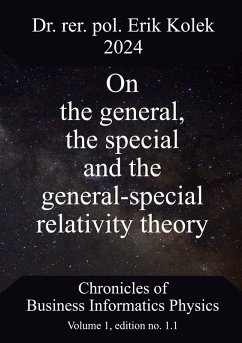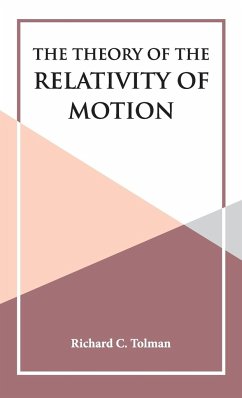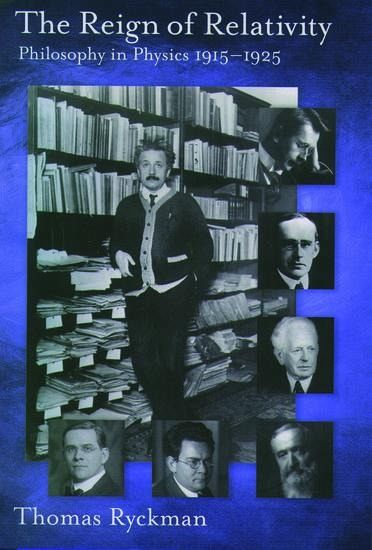
The Reign of Relativity
Philosophy in Physics 1915-1925
Versandkostenfrei!
Versandfertig in 1-2 Wochen
151,99 €
inkl. MwSt.
Weitere Ausgaben:

PAYBACK Punkte
76 °P sammeln!
Einstein's theory of 'general relativity' (1915) was a defining event for 20th century philosophy of science. During the decisive first ten years of the theory's existence, two main ideas dominated its philosophical reception. Ryckman's book is an extended argument that the path actually taken, which became the philosophy of logical empiricism, greatly contributed to the current impasse over scientific realism - whereas new possibilities are opened up in reviving the spirit of the more sophisticated strain, termed transcendental idealism. It also emerges that Einstein, while paying lip service...
Einstein's theory of 'general relativity' (1915) was a defining event for 20th century philosophy of science. During the decisive first ten years of the theory's existence, two main ideas dominated its philosophical reception. Ryckman's book is an extended argument that the path actually taken, which became the philosophy of logical empiricism, greatly contributed to the current impasse over scientific realism - whereas new possibilities are opened up in reviving the spirit of the more sophisticated strain, termed transcendental idealism. It also emerges that Einstein, while paying lip service to the former, ended up actually siding with the latter. Ryckman's book appeals to several groups, among them: philosophers of science, historians of relativity, and philosophers of physics.








